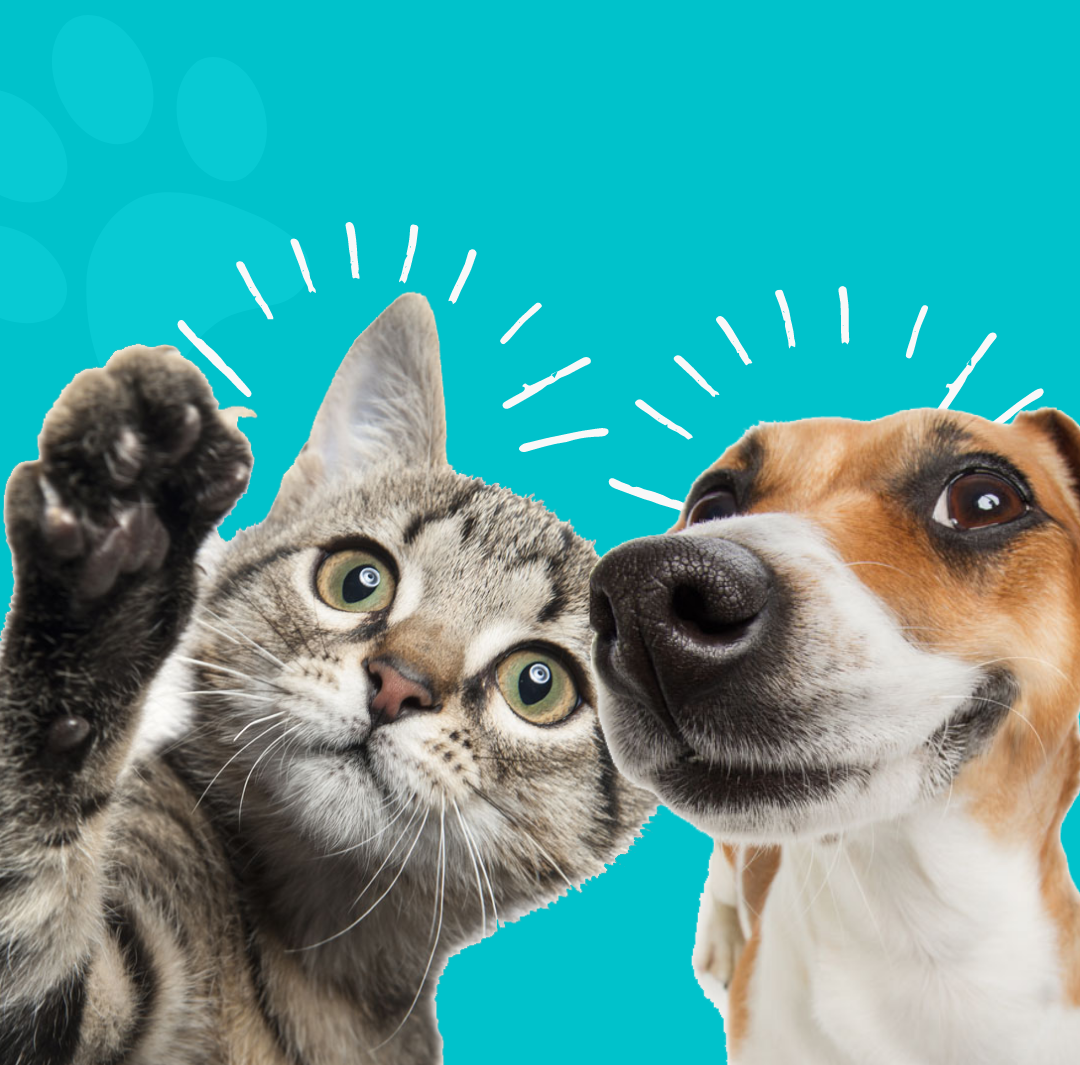Grief is hard and in some cases, even more so if it’s a beloved pet. Some people refuse to bring home another pet while others simply buy/adopt another animal reminiscent of their former pet. Some, however, immortalize their pets using pet cloning services.
It all started in 1952 when the first-ever living being was cloned. A new tadpole of African clawed frogs was formed after replacing the nucleus of an egg with that of a developing embryo. 40 years later, scientists from the Roslin Institute cloned the first mammal — a sheep named after Dolly Parton. In a scientific breakthrough, the company cloned Dolly by replacing the nucleus in the egg with that of an adult cell. However, Dolly died after six years due to an incurable lung tumour and arthritis.
As the world caught on, some Texan cloners reproduced the first clone of a domestic cat in 2002. The kitten was called Copy Cat. The cloners sucked out the genetic material from an egg and replaced it with the nucleus from a donor cell in a process called nuclear transfer, similar to Dolly’s. Later, they implanted embryos into eight surrogate mothers, of which two were successful. One of them went on to birth Cc. Then came Snuppy, the world’s first cloned dog in 2005. The Seoul National University in South Korea produced Snuppy who lived for 10 years before dying receiving treatment for T-cell lymphoma.
Now, pet cloning is a booming business, especially in Asia — China and South Korea. American cloning company ViaGen charges up to $35,000 to clone a cat and $50,000 for a dog. Cloning organizations are only capitalizing on a pre-existing demand for reproducing exact copies of a treasured pet. Even celebrities like Barbara Streisand and Simon Cowell have employed these services.
Sinogene, a China-based animal genetic science company, explains the process on their website. The company’s veterinary physician collects a sample; the service process starts with cell separation, culturing, nucleus transfer, cloning embryo development, cloning embryo transfer, surrogacy dog pregnancy, and finally, the birth of of a newly cloned dog, cat, or even a horse. Two months after its birth, the company delivers the cloned pet to the client with its Genetic Identification Certificate. Sinogene even offers genetic preservation services to preserve pet cells for further cloning. The company has previously cloned a pet for an estimate of Rs. 40 lakh. India also successfully cloned its first domestic buffalo in 2009, but the latter succumbed to a lung infection only after five days. However, animal cloning is legal in India and will benefit the agriculture sector.
Cloning pets for novelty is not without cons. Not only is cloning expensive but also unethical. The reproductive cycles of the animals determine the high prices — they are seasonal and therefore, time-consuming. The process is rather inefficient and requires impregnating multiple host animals to produce a single clone. These companies pump host animals full of hormones and keep them in a sterile environment. Scientists and lab techs breed these animals to be docile so they don’t cause trouble. There are no regulations suggestive of a safe and healthy environment free of exploitation for these animals either.
Unlike human beings, your pet’s personality is largely reliant on the environment they grow up in. Animals similar to yours appearance-wise are much abound, unlike human beings with distinct features. They are not as capable of retaining their individuality as human beings are, which undoes the logic of pet cloning.




